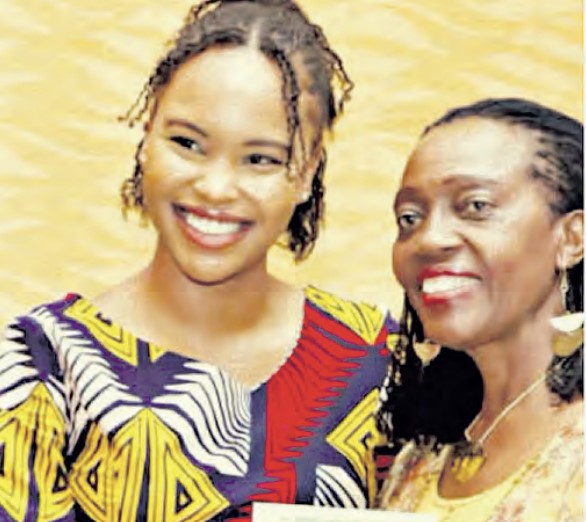
The US government believed former President Mwai Kibaki (deceased) did not win the 2007 presidential election that turned contentious and bloody.
As the outcome of the presidential election–pitting Kibaki and ODM boss Raila Odinga–sparked violence across the country, then US President George Bush sent a number of delegations to quell the crisis.
At the time, Kibaki had already appointed half of the Cabinet, filling it with members of his PNU party and Kalonzo Musyoka’s ODM-Kenya members.
The Kofi Annan negotiations were about to take off.
Then Justice minister Martha Karua, writes in her book Against the Tide: My Journey on a less trodden path that in one of the tense meetings, top US diplomat at the time Condoleezza Rice told Kibaki to his face that he had lost the election.
Karua says she had sat through the meeting fuming as Rice gave Mutula Kilonzo (deceased), then-Attorney General Amos Wako and Kibaki a dress-down.
If not shooting questions to them, Rice was giving a firm lecture in a tone Karua says was “disturbing and disrespectful”.
“In a meeting attended by Kibaki, Kilonzo, Wako and myself, Rice was shooting questions at us nonstop. My colleagues Wako and Kilonzo engaged her while I remained silent, watching the unfolding drama,” she writes.
Kibaki maintained a studious silence all along.
“After a while, Rice suddenly turned to me saying, ‘I wanna hear from you’,” she says.
When Karua finally engaged the visiting US Secretary of State, they had a nasty exchange, Karua taking one for the team.
“Her tone and demeanour were that of a superior to a junior, which I found unacceptable and called her out for assailing our dignity,” she says.
After their “brief exchange of verbal fire,” Rice “turned to the President stating matter of factly; “You know Mr President, you never won.”
At this point, Kibaki had had enough, roaring back “like a lion, stopping her in her tracks.”
“Do not utter any further word,” he told her, the book says, firmly asserting his controversial victory before the meeting ended with a huff.
“He unequivocally disagreed with her and gave his reasons. He then suddenly rose from his seat and declared the meeting over. Rice rose too and moved towards President Kibaki apologising, but he was done. That was the end of the meeting,” Karua says in the book.
Karua says her standing up to the Secretary of State was not a personal contest with her but rather a standing up for the dignity of the country and its leaders berated by imperialists.
“For me, it was not a contest with Rice but a matter of maintaining the dignity of our country as a people.”
Before the Rice dress-down, the book says, the former President had received a talk-down by a junior US state department official, dismissing his claim to election victory.
Karua says before Annan talks started, Jendayi Frazer, then the US assistant Secretary of State for African Affairs and then US Ambassador Michael Ranneberger visited State House to meet Kibaki when the “distasteful” talk happened.
“I attended a meeting during which the tone of Frazer was disturbing. She was literally talking down to President Kibaki, which I found both distasteful and disrespectful,” she said.
Again, it was Karua who stood up to defend Kibaki’s victory and an exchange ensued that prematurely ended the meeting.
“I interjected, telling her that if she had a message from her president, she needed to deliver it without further ado and in a tone that recognised she was addressing a head of state,” Karua says in her book.
“I pointed out to her that as an assistant secretary of state, she was the equivalent of an assistant minister in Kenya, and therefore, my junior. The meeting ended abruptly after this.”
She also takes issue with the diplomats believing to be superiors of Kenya’s officials and meddle in local affairs.
“How can we allow junior officials or any official from a foreign
country to treat our leadership
and country with disrespect? This
inappropriate attitude showed up
during the negotiations when a
group of western diplomats announced in a press conference that
they would deny visas to any hardliners-which was the byword for
those of us representing the (PNU)
government side in the talks.”

![[PHOTOS] Kindiki inspects works at regional centre in Kwale](/_next/image?url=https%3A%2F%2Fcdn.radioafrica.digital%2Fimage%2F2025%2F04%2Fc68aa00b-39bc-4214-bafe-80e8e38b1e60.jpg&w=3840&q=100)









